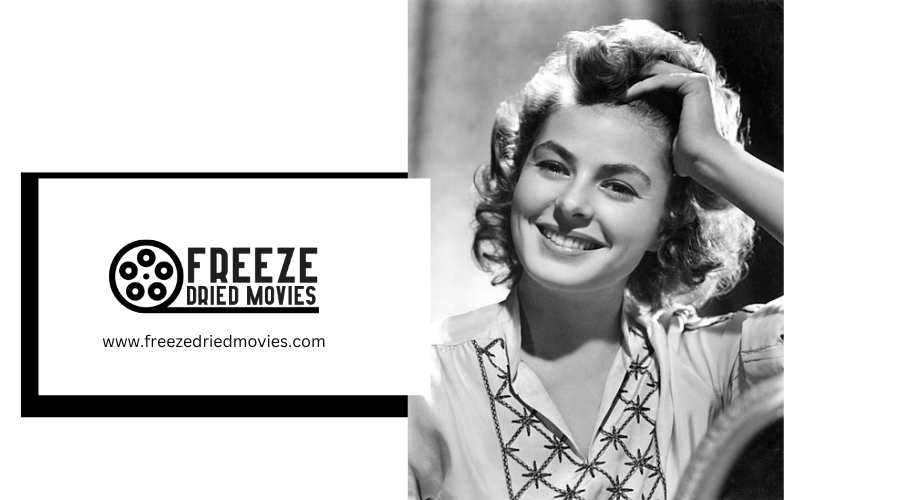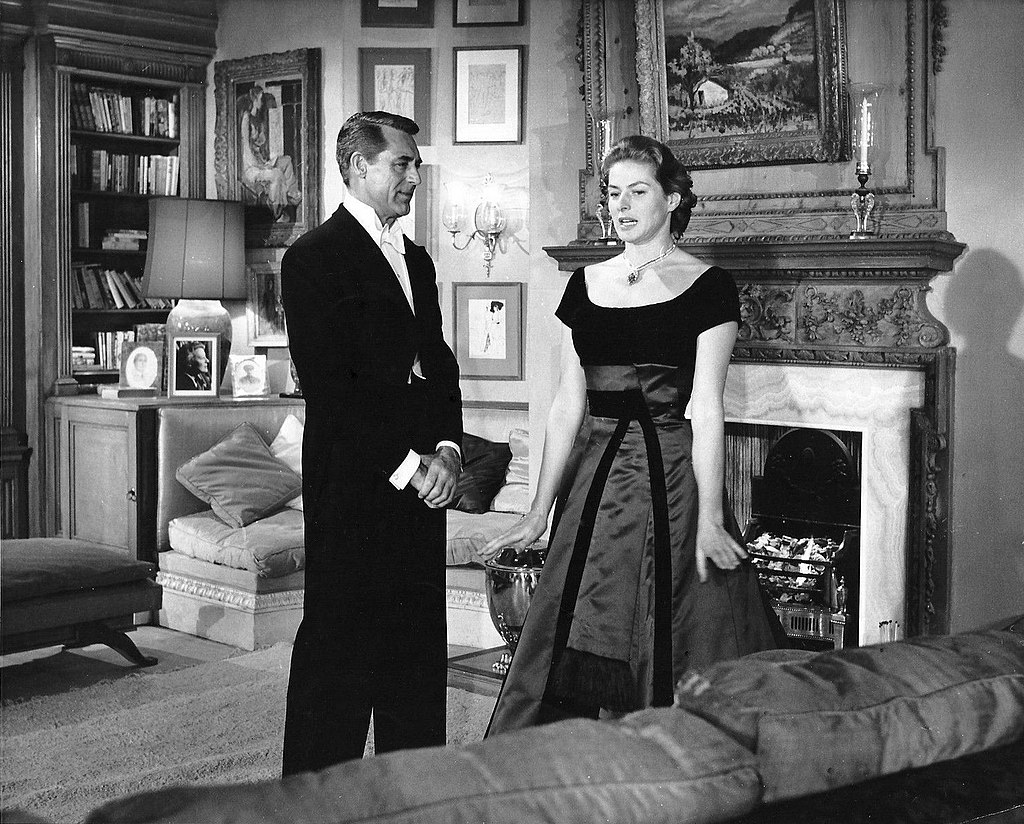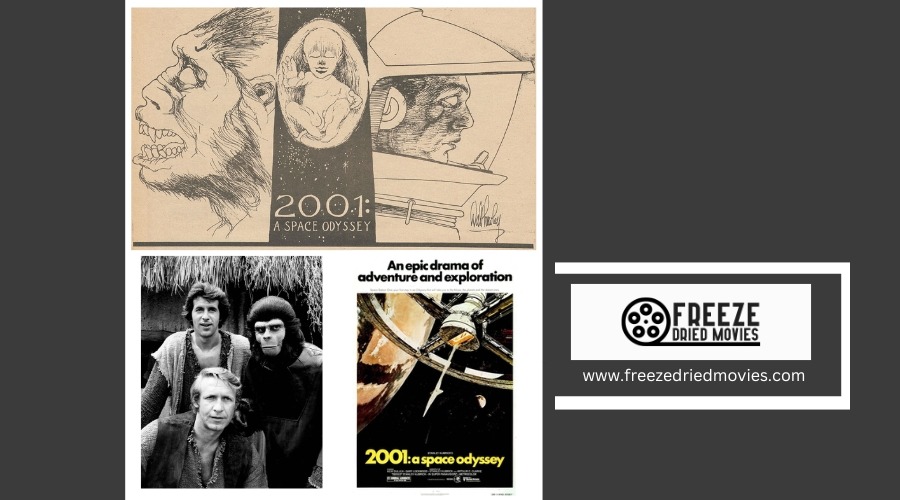Ingrid Bergman’s Cinematic Comeback in the 1960s

You'll find Ingrid Bergman's Hollywood comeback inspiring and triumphant. After facing intense scrutiny in the 1950s, she rebuilt her career through exceptional performances in "Anastasia" (1956) and "Indiscreet" (1958). Throughout the 1960s, she proved her versatility in films like "Nine Hours to Rama" and "Cactus Flower," leading to another Academy Award for "Murder on the Orient Express" in 1974. Her path from exile to respected international star reveals an incredible tale of redemption and artistic perseverance.
The Road Back to Hollywood
Despite facing intense public scrutiny and Hollywood exile in the 1950s, Ingrid Bergman staged an exceptional comeback with her Oscar-winning role in "Anastasia" in 1956.
You'll find that her resilience shone through as she quickly rebuilt her career with acclaimed performances in "Indiscreet" and "The Inn of the Sixth Happiness" in 1958. Her triumphant return reached new heights with her role in "Ingrid Bergman: A Life in Images" (1960), a television film that showcased her remarkable talent and helped her reconnect with American audiences.
The comeback wasn't just a brief resurgence - Bergman's star continued to rise throughout the 1960s and beyond, culminating in another Academy Award for "Murder on the Orient Express" in 1974. Her odyssey back to Hollywood's spotlight proved that talent and determination could overcome even the most challenging setbacks.
Her mastery of multiple languages had given her the versatility to maintain an international career even during her years of Hollywood exile.
Personal Growth and Professional Redemption
Her professional redemption wasn't limited to the silver screen. Bergman's 1969 Broadway appearance in "Captain Brassbound's Conversion" proved she hadn't lost her theatrical touch. Her voyage from Hollywood exile to respected international star reached its pinnacle with her Emmy-winning portrayal of Golda Meir, demonstrating how completely she'd regained the industry's trust and admiration.
Her remarkable journey echoed her earlier success in Casablanca in 1942, which had first established her as an international star.
Notable Film Performances of the 1960s

The 1960s marked an impressive return to cinema for Ingrid Bergman, who showcased her range through diverse and challenging plunges. You'll find her versatility on display in the psychological thriller Nine Hours to Rama, where she portrayed an accomplice to Gandhi's assassin. Her performance in The Yellow Rolls-Royce demonstrated exceptional emotional depth as she brought to life a woman in love with a younger man.
Cactus Flower, she expertly embodied a cynical woman transformed by romance, while her role as a concert pianist in Autumn Sonata, directed by Ingmar Bergman, earned her critical acclaim. She concluded the decade with the anthology drama Stimulantia, appearing in one segment and proving that her talent remained as powerful as ever. Her contemporary Bette Davis had similarly challenged Hollywood's conventions through complex female characters in groundbreaking 1940s roles like The Letter and Now, Voyager.
Critical Reception and Awards
Triumphantly returning to Hollywood's spotlight, Ingrid Bergman silenced her critics and reaffirmed her status as a leading actress through numerous accolades in the 1960s and beyond.
Her talents earned her prestigious recognition, including an Academy Award for Best Supporting Actress in Murder on the Orient Express (1974). She continued to demonstrate her exceptional range in critically acclaimed films like Autumn Sonata (1978). The pinnacle of her later career came when she won a Primetime Emmy for Outstanding Lead Actress for her portrayal of Golda Meir in A Woman Called Golda (1982). These achievements cemented her legacy as one of Hollywood's most accomplished performers.
You'll find Bergman's acting prowess and versatility on full display as she effortlessly moved between dramatic, comedic, and character roles.
Impact on Modern Cinema
Beyond her remarkable collection of awards and accolades, Ingrid Bergman's influence resonates throughout modern cinema in meaningful ways. As a versatile performer who embraced challenging roles, she paved the way for nuanced characters with greater psychological complexity in film. You'll find her impact particularly evident in how she bridged Hollywood and European productions, establishing herself as a pioneering figure in the global film industry.
The award-winning actress's willingness to take on demanding parts, like her role in Autumn Sonata, helped reshape how filmmakers approach female characterization. As a cultural icon, she's inspired subsequent generations to push creative boundaries and investigate more sophisticated storytelling. Her legacy continues to influence today's performers who, following her example, strive to balance commercial success with artistic integrity across international markets.




